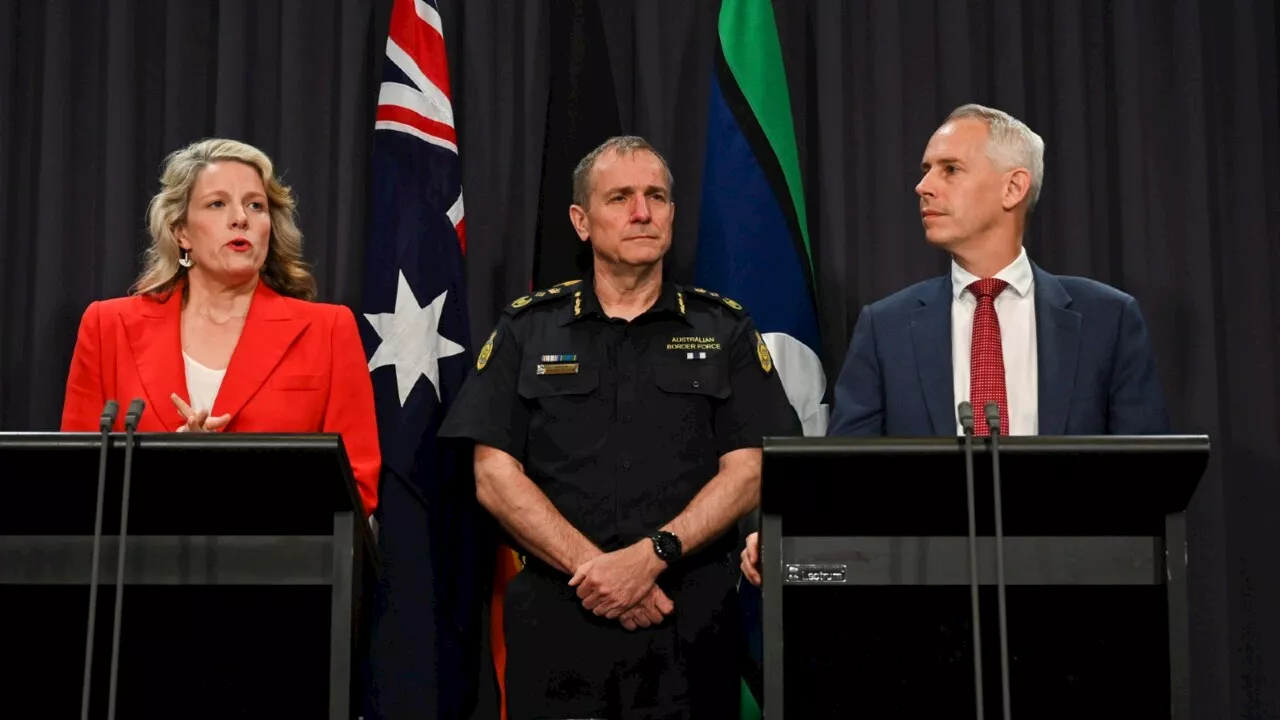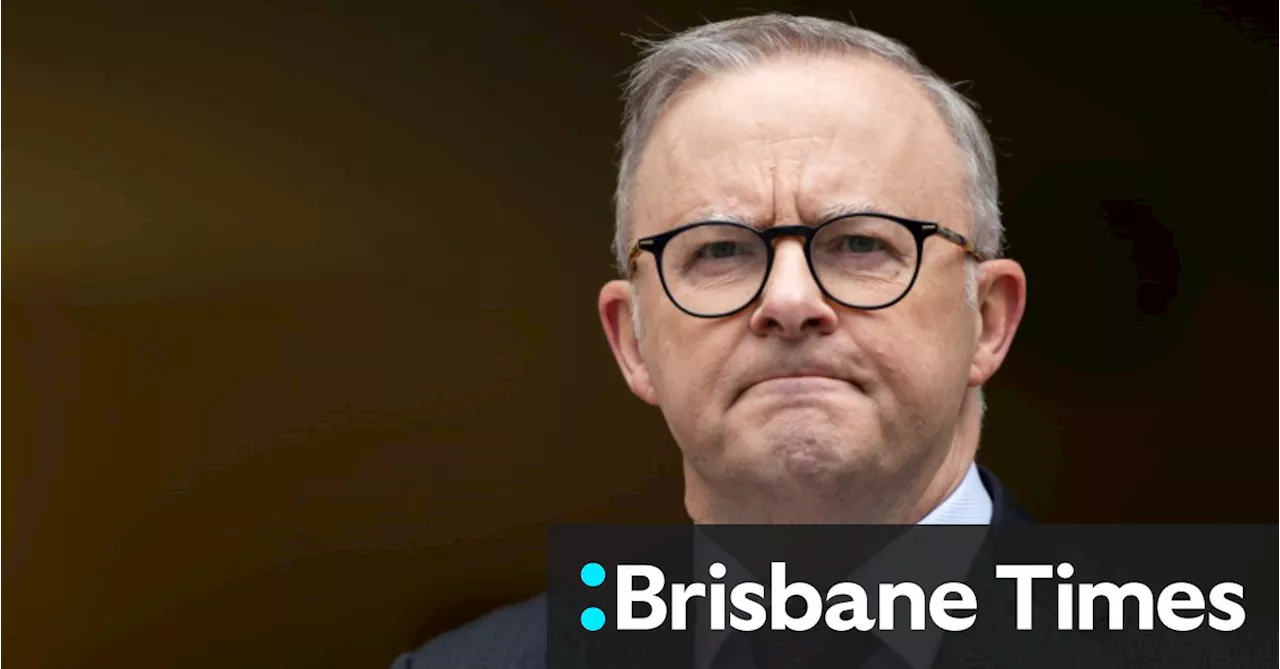Australians don't think young adults should be living with their parents by the time they're 26. But more of them are, according to a new report. Here's how things have changed over two decades.
Many Australians might think it's unacceptable to live at home beyond your mid-20s, but more of us are doing it than we were two decades ago. The Household, Income and Labour Dynamics in Australia survey has tracked the same 17,000 people in more than 9,000 households since 2001 and recently published its latest findings from its 2021 poll, when most of Australia was in lockdown. Part of the survey examines how many young adults still live at home.
found that 31.2 per cent of men aged 26 to 29, and 27.5 per cent of women in that age group were still living at home in 2021 — up 9.9 points and 11.6 points respectively when compared to 20 years earlier. The most significant change over two decades was observed among women aged 18 to 21, with 79.5 per cent of this cohort still residing with their parents Overall, 54.3 per cent of men aged 18 to 29 were still living with their parents in 2021 , as were 46.7 per cent of women .
, although it found about 3 per cent of men and women in that age cohort did. "Rates of return to the parental home are particularly sizeable for those aged 18–21, with 8.4 per cent of men and 8.1 per cent of women in this age group moving back in with their parents over the 2018 to 2020 period," the report read.
. "Notably, there was a significant drop in the rate of young males leaving their parental home in New South Wales and the Australian Capital Territory between 2001 and 2003 and 2018 and 2020 ," the report read. "This trend may be attributed to factors such as a larger education offering, rising housing prices, and the impact of the COVID-19 pandemic."
Philippines Latest News, Philippines Headlines
Similar News:You can also read news stories similar to this one that we have collected from other news sources.
 Interpreter shortage leaves Indigenous Australians navigating court system alonePeople charged with crimes in Alice Springs courts are being forced to navigate the justice system alone due to a shortage of interpreters, leaving Indigenous Australians without fair access to the system.
Interpreter shortage leaves Indigenous Australians navigating court system alonePeople charged with crimes in Alice Springs courts are being forced to navigate the justice system alone due to a shortage of interpreters, leaving Indigenous Australians without fair access to the system.
Read more »
 Labor government's tax cuts redesign accused of pitting Australians against each otherThe Labor government's dramatic redesign of the Stage 3 tax cuts has been accused of "pitting one Australian against the other" – and it's clear that there will be winners and losers. Under the proposed changes, everyone with a taxable income below $146,486 will receive a larger tax cut than under the original plan, while top income earners will walk away with much less than promised. But which neighbourhoods, occupations and age groups are more likely to win or lose from the revised plan? We've delved into the data to find out how different parts of Australia compare. Australia's youngest workers are the most likely to benefit from the proposed changes, with Generation Z recording the largest share of workers set to receive bigger returns under the new plan. In the 2021 financial year, about 99 per cent of Gen Z's 1.9 million workers had taxable incomes below $150,000, according to While $150,000 is slightly above the $146,486 threshold for determining who will benefit under the new plan compared to the original, this is the closest we can get using these statistics
Labor government's tax cuts redesign accused of pitting Australians against each otherThe Labor government's dramatic redesign of the Stage 3 tax cuts has been accused of "pitting one Australian against the other" – and it's clear that there will be winners and losers. Under the proposed changes, everyone with a taxable income below $146,486 will receive a larger tax cut than under the original plan, while top income earners will walk away with much less than promised. But which neighbourhoods, occupations and age groups are more likely to win or lose from the revised plan? We've delved into the data to find out how different parts of Australia compare. Australia's youngest workers are the most likely to benefit from the proposed changes, with Generation Z recording the largest share of workers set to receive bigger returns under the new plan. In the 2021 financial year, about 99 per cent of Gen Z's 1.9 million workers had taxable incomes below $150,000, according to While $150,000 is slightly above the $146,486 threshold for determining who will benefit under the new plan compared to the original, this is the closest we can get using these statistics
Read more »
 ‘Bumbling ineptitude’: Labor ‘chronically incapable’ of protecting Australians‘Bumbling ineptitude’: Labor ‘chronically incapable’ of protecting Australians
‘Bumbling ineptitude’: Labor ‘chronically incapable’ of protecting Australians‘Bumbling ineptitude’: Labor ‘chronically incapable’ of protecting Australians
Read more »
 Sky News host calls for PM to listen to Australians on closing the gapSky News host Peta Credlin has urged the Prime Minister to listen to Australians on how to close the gap instead of lecturing them. She emphasized that it is those who don't go to school and live in jobless areas that face poor life outcomes.
Sky News host calls for PM to listen to Australians on closing the gapSky News host Peta Credlin has urged the Prime Minister to listen to Australians on how to close the gap instead of lecturing them. She emphasized that it is those who don't go to school and live in jobless areas that face poor life outcomes.
Read more »
 Prime Minister Albanese to ask Australians to accept broken promise on taxPrime Minister Anthony Albanese will ask Australians to accept Labor’s broken promise on tax because global events have forced the federal government to unveil a new policy on the cost of living that is “squarely aimed at middle Australia” rather than people on the highest incomes.
Prime Minister Albanese to ask Australians to accept broken promise on taxPrime Minister Anthony Albanese will ask Australians to accept Labor’s broken promise on tax because global events have forced the federal government to unveil a new policy on the cost of living that is “squarely aimed at middle Australia” rather than people on the highest incomes.
Read more »
